There's a beautiful woman here with long eyelashes and red lips surrounded by swirls of colorful makeup because that’s what I told AI to generate for the article. And indeed, she is beautiful, with elegant, symmetrical features, gleaming skin, and full lips. It’s amazing what AI can do, but how is this affecting the way we look at each other and ourselves?
As Newsweek shares, according to cultural analyst Dr. Anastasia Kārkliņa Gabriel, AI is creating “further homogenization of beauty ideals” where “the line between reality and fiction has been fundamentally blurred." This means that when AI generates images, it continues to create a singular type of beauty that doesn’t even exist. What’s scary, though, is when, for many people, it also becomes something to aspire to. 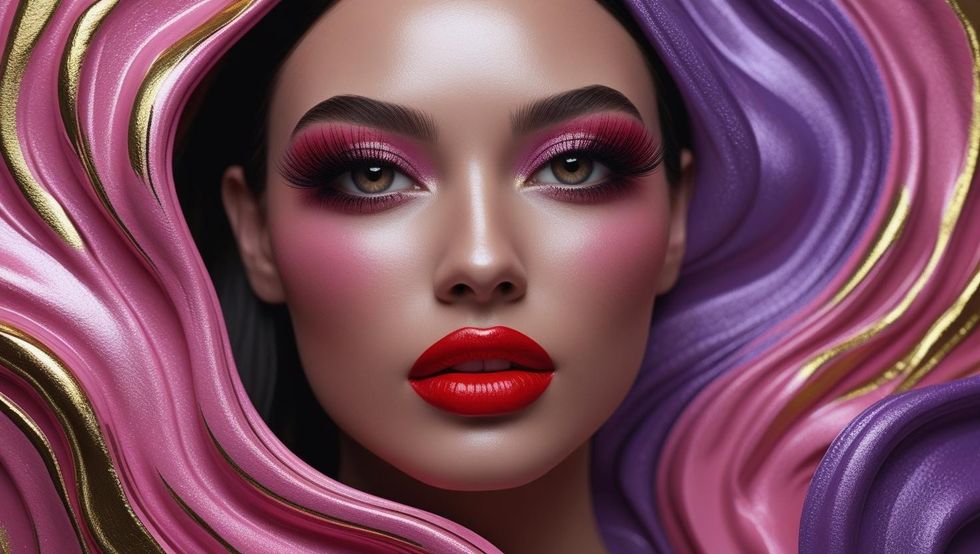
AI images have become so ubiquitous, Newsweek continues, that some images are used as inspiration, popping up everywhere from Pinterest boards to makeup artists’ chairs to plastic surgery consultations. The separation between what’s understood to be humanly possible and what never can be is shrinking. And that’s dangerous.
One of dangers is prevalent in how we consider great beauties of the past, Newsweek notes: because of the changing relationship to AI, for example, even someone like Marilyn Monroe has some thinking her looks are just “average.” And while beauty standards change, certainly–and Monroe herself had plastic surgery and a longstanding makeup artist—it’s also important to keep them earthbound and not just lost in digital space.
Makeup artist Lisa Eldridge shares the secrets behind Marilyn Monroe's legendary beauty. Lisa Eldridge, www.youtube.com
Last year also marked the first ever AI beauty pageant, Miss AI, where each “entrant” was created by teams seeking to generate the most beautiful AI woman. At the time, Dr. Kerry McInerney of Cambridge University told CNN of the competition’s potential dangers. “I think we’re starting to increasingly lose touch with what an unedited face looks like,” she said, adding that AI doesn’t so much challenge beauty standards as lean into them further. “They’re capturing the existing beauty norms we have which are actively sexist, actively fatphobic, actively colorist, then they’re compiling and reiterating them.”
If this is what happens with the gaze, what happens when we look at ourselves? There are some AI filters, for example, that alter one’s own image. “They are often an unrealistic example of what many people look like and can give the impression to those on certain apps that one should strive to look a certain way,” writes therapy platform Better Help, when in reality this should never be the case. While this is a long-running struggle in media literacy, especially for young women, it now has a new shape: instead of comparing themselves to models in magazines, some young women might start to compare themselves to people who don’t exist at all.
There is a possibility of getting in front of the problem, however. For example, Dove, known for its commitment to “real beauty” over the last 20 years, created a campaign last year to prioritize real women in its advertisements. Its promise specifically is that “Dove will never use AI to create or distort women’s images.” In doing so, it became the first company to ban AI-generated beauty from its advertisements. While it’s a commendable decision to make, there will have to be many others who follow in their footsteps to create more change.
Dove produced a campaign last year banning AI from its advertisements. Dove, www.youtube.com





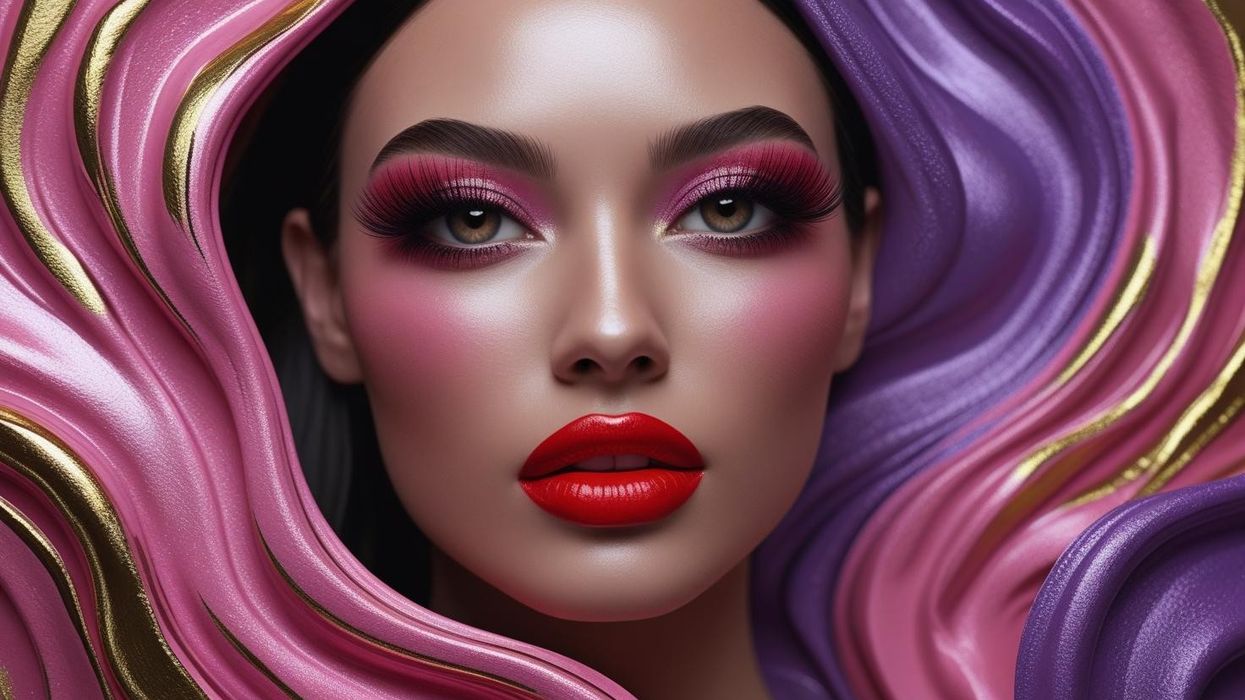












 Revenge can feel easier than forgiveness, which often brings sadness or anxiety.
Revenge can feel easier than forgiveness, which often brings sadness or anxiety. 
 Created with
Created with  Where to turn off autoplay in your account on Facebook’s website.Screen capture by The Conversation,
Where to turn off autoplay in your account on Facebook’s website.Screen capture by The Conversation, 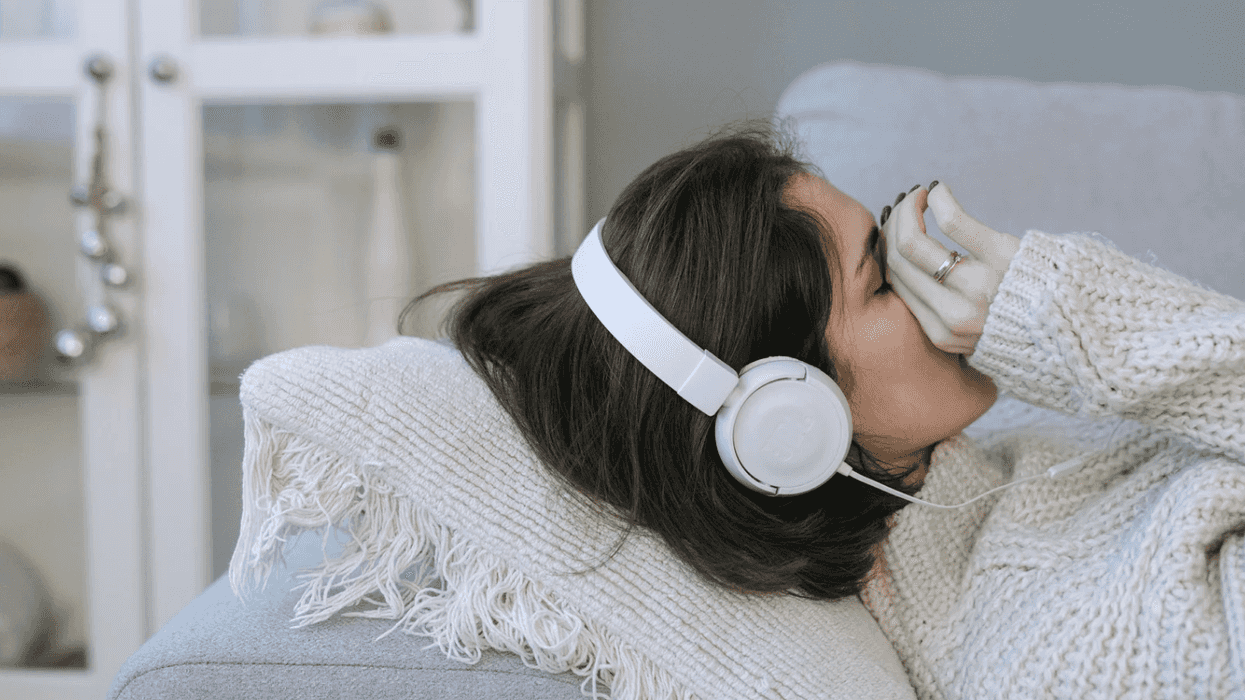
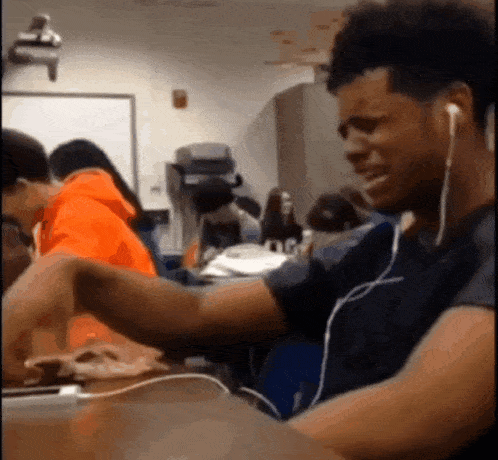 A young teen cries while listening to music via
A young teen cries while listening to music via 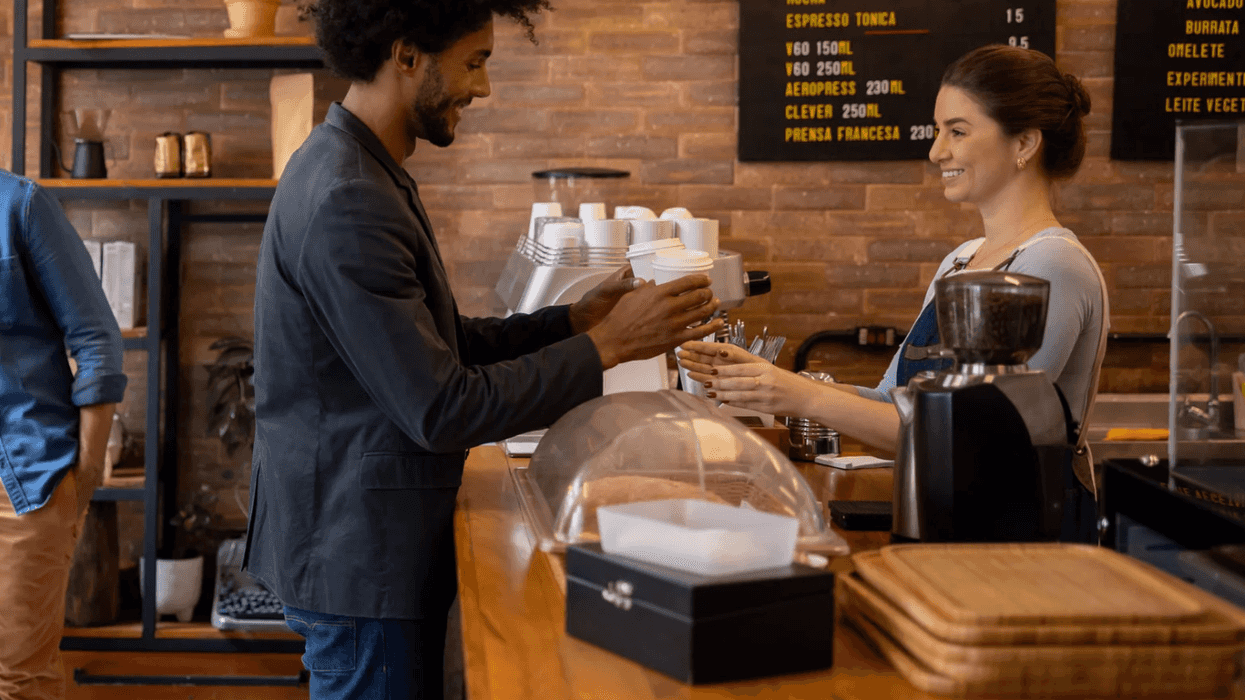
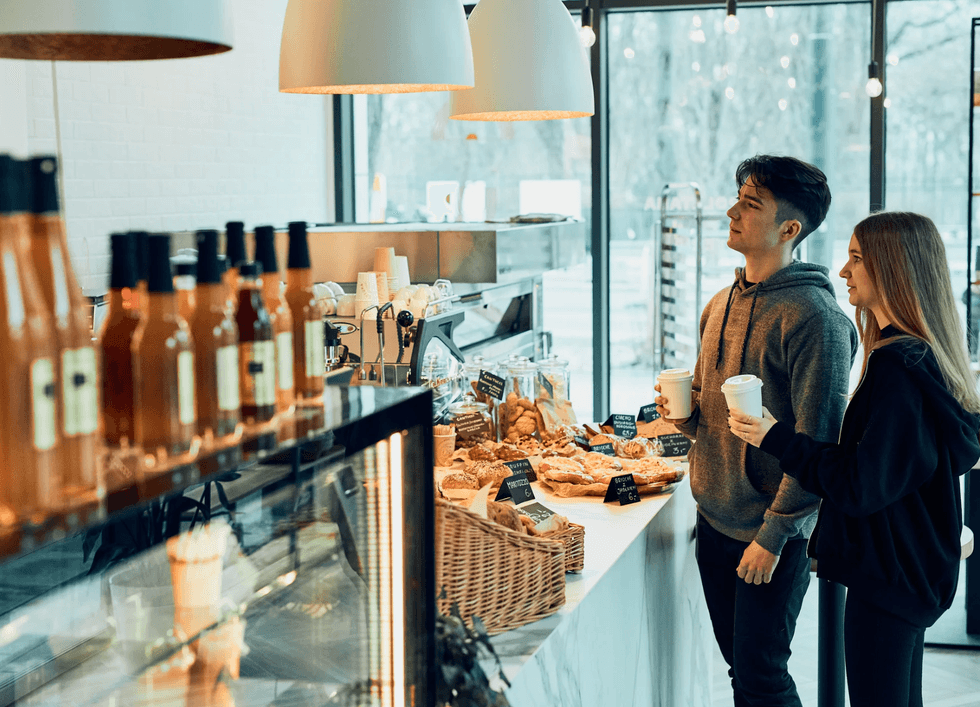 A young couple waits in line at a coffee shopCanva
A young couple waits in line at a coffee shopCanva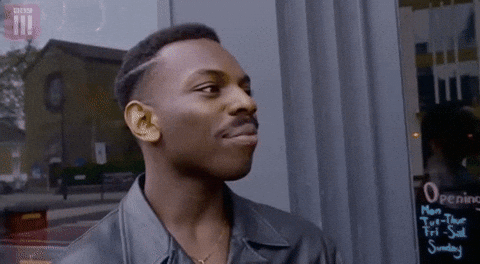 Gif of Eddie Murphy telling you to think
Gif of Eddie Murphy telling you to think


 Volunteers who drive homeless people to shelters talk with a person from Ukraine in Berlin on Jan. 7, 2026.
Volunteers who drive homeless people to shelters talk with a person from Ukraine in Berlin on Jan. 7, 2026.